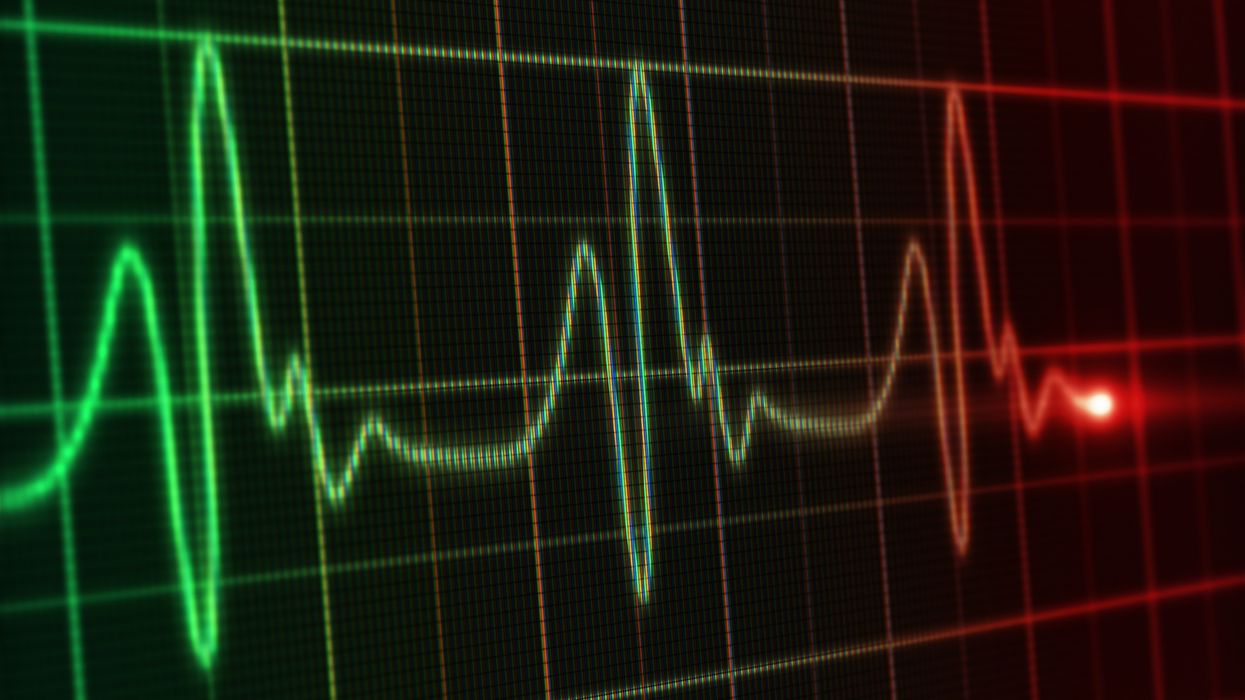Key Summary
- The ePatch is self-adhesive, and patients can attach it themselves or seek the help of a nurse
- After wearing it for a few days, the data will be analysed by the artificial intelligence tool Cardiologs
- Doctors can assess the condition of the patients based on the report generated by Cardiologs
- The kit investigates conditions including atrial fibrillation, tachycardia, or heart blocks
The NHS is offering a new at-home heart monitor kit, which is compact and easy to use, and designed to detect heart rhythm problems.
The ePatch, manufactured by Phillips, is self-adhesive, allowing patients to attach it themselves or seek the assistance of a nurse.
The kit investigates conditions including atrial fibrillation, tachycardia, or heart blocks.
After wearing it for a few days, patients can post the monitor back, and the data will be analyzed by the artificial intelligence tool Cardiologs.
Doctors can assess the condition of the patients based on the report generated by Cardiologs.
This device removes the necessity for appointments to fit and remove the equipment.
The reports are categorized in a traffic light system, with green indicating that the heart rhythm is fine, amber indicating that a doctor's review may be needed, and red indicating that an urgent review is required.
Frimley Health NHS Foundation Trust is the first hospital in the country to roll out the device, and it is expected to be replicated at other NHS trusts.
They are far more user-friendly than traditional devices, which require patients hooked up to numerous wires and monitors during hospital visits.
It is estimated that these patches will double productivity levels for diagnosing heart rhythm problems.
Cardiac electrophysiologist Dr Iain Sim said the device can measure up to 10 days, and help reduce time on reports and results.
Phillips officials claim the ePatch can spot up to 2.5 times more clinically relevant heart rhythm issues than traditional Holter monitors.












